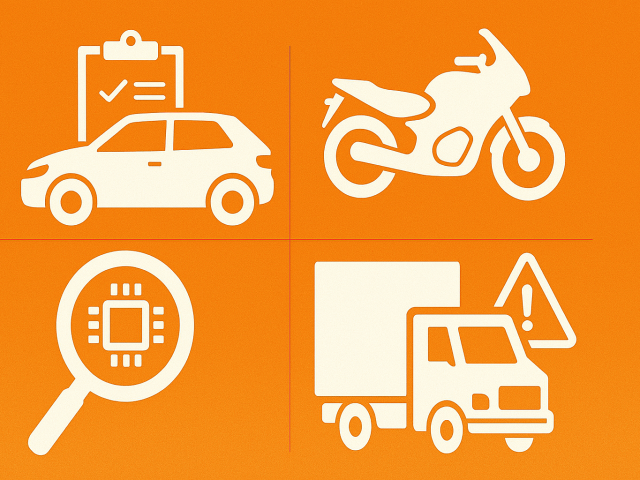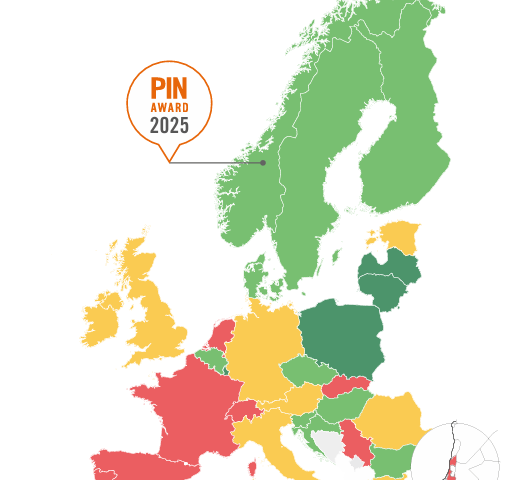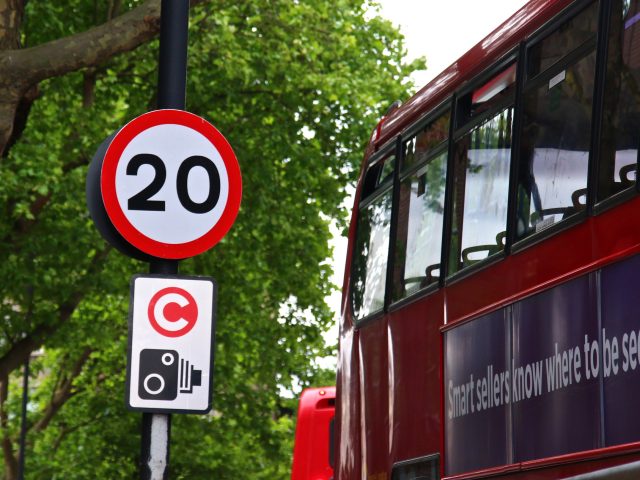Young drivers: call for EU to mandate zero-tolerance alcohol and drug limits and graduated driving licences
ETSC is calling on the European Union to improve the safety of young drivers through changes to driver licensing, among other measures, as new data show young road users, aged 15 to 30, have come to represent a quarter of all road deaths.
In a report published today, ETSC says that, in 2019, 5,182 young people were killed in road collisions in the 25 EU countries for which figures are available. Road deaths among young people aged 15 to 30 in the EU represent around a fifth of deaths from all causes in that age group.
Around 40% of road deaths in the EU take place in collisions that involve one or more young drivers or powered two-wheeler riders.
Those overall numbers mask a huge gender disparity. The report says that men represent 81% of all road deaths among young people aged 15-30. Large differences between male and female road mortality remain even after taking into consideration the fact that men drive more than women.
The authors say that, while young people are a high-risk group in themselves, most young people do not deliberately drive unsafely. The risks associated with young drivers and riders stem from inexperience, immaturity and lifestyle linked to their age and gender. Data show that the younger a person starts unrestricted solo driving, the more likely it is that he or she will have a fatal collision, particularly if under 18 years-old.
Graduated driving licence systems have been assessed by a number of studies that show a reduction in collisions. Such systems put additional restrictions on younger drivers during the first years of driving, allowing them to gain experience while reducing certain high risk situations.
Young people, especially men, are also over-represented when it comes to road deaths linked to drink-driving and drugs. Enforcing and tightening legal Blood Alcohol Concentration limits and improved help for those living with identified alcohol and other drug issues can therefore help prevent these deaths.
The European Commission is currently reviewing rules on driver licensing, with an updated legal proposal expected in the next 18 months. ETSC is also calling for the European Commission to recommend a drink-driving limit set effectively at zero (enforced at 0.2 g/l Blood Alcohol Concentration) – a measure that is especially important for younger drivers. Regarding drug driving, ETSC would also like to see a European-wide zero-tolerance limit for illicit psychoactive drugs.
The full report can be downloaded from https://etsc.eu/PinFlash41

Notes to editors:
- ETSC’s Road Safety Performance Index (PIN) programme receives financial support from the German Road Safety Council (DVR), Toyota Motor Europe, the Swedish Transport Administration, the Norwegian Public Roads Administration and CITA – the International Motor Vehicle Inspection Committee.
- ETSC is a Brussels-based independent non-profit making organisation dedicated to reducing the numbers of deaths and injuries in transport in Europe.
ETSC’s Road Safety Performance Index (PIN) programme receives financial support from the German Road Safety Council (DVR), Toyota Motor Europe, the Swedish Transport Administration, the Norwegian Public Roads Administration and CITA – the International Motor Vehicle Inspection Committee.







